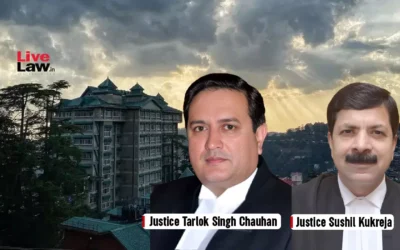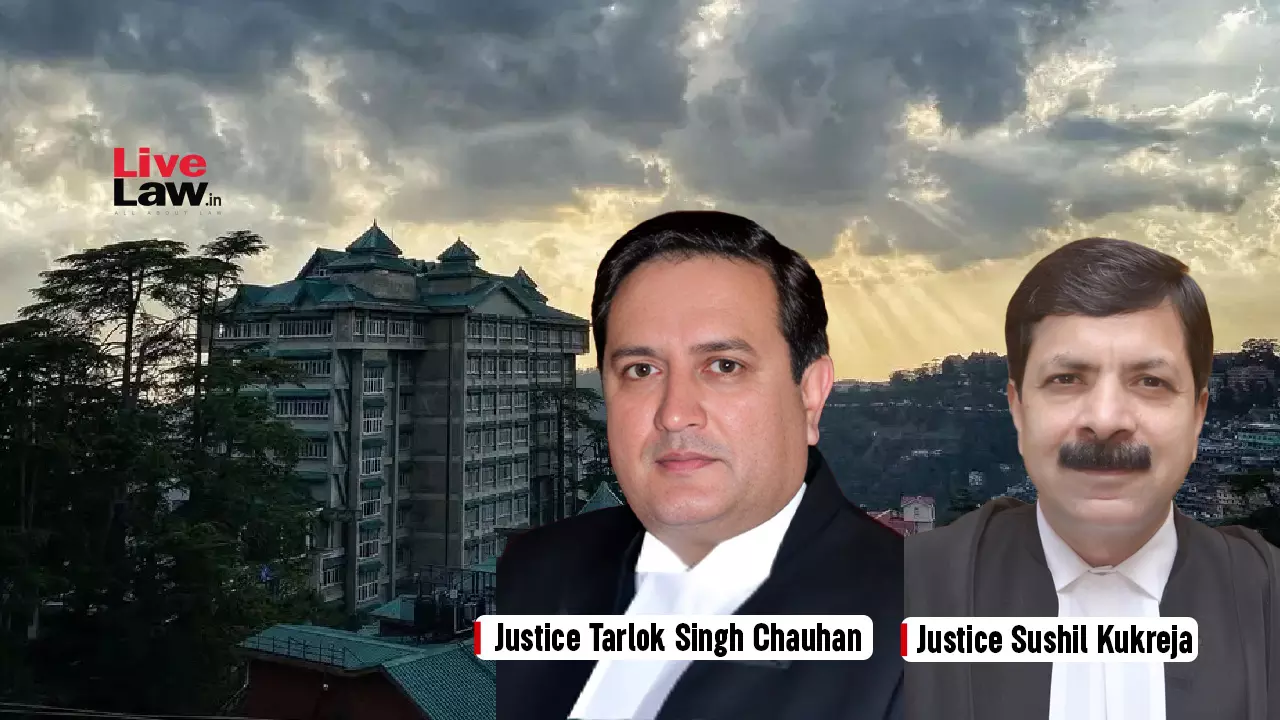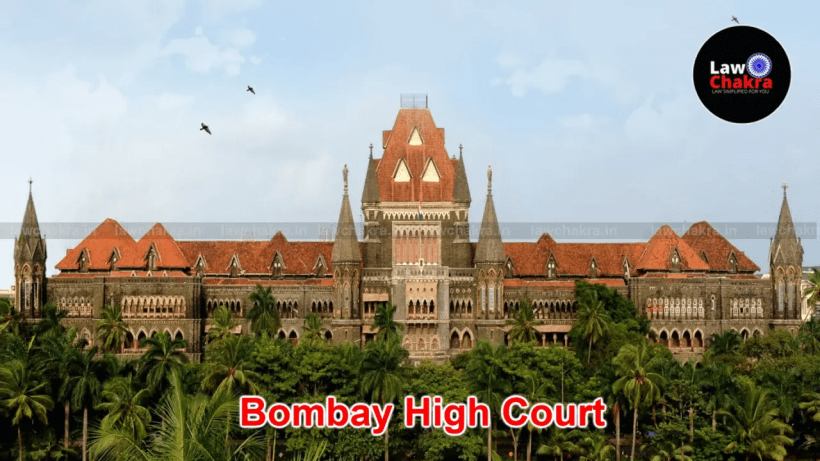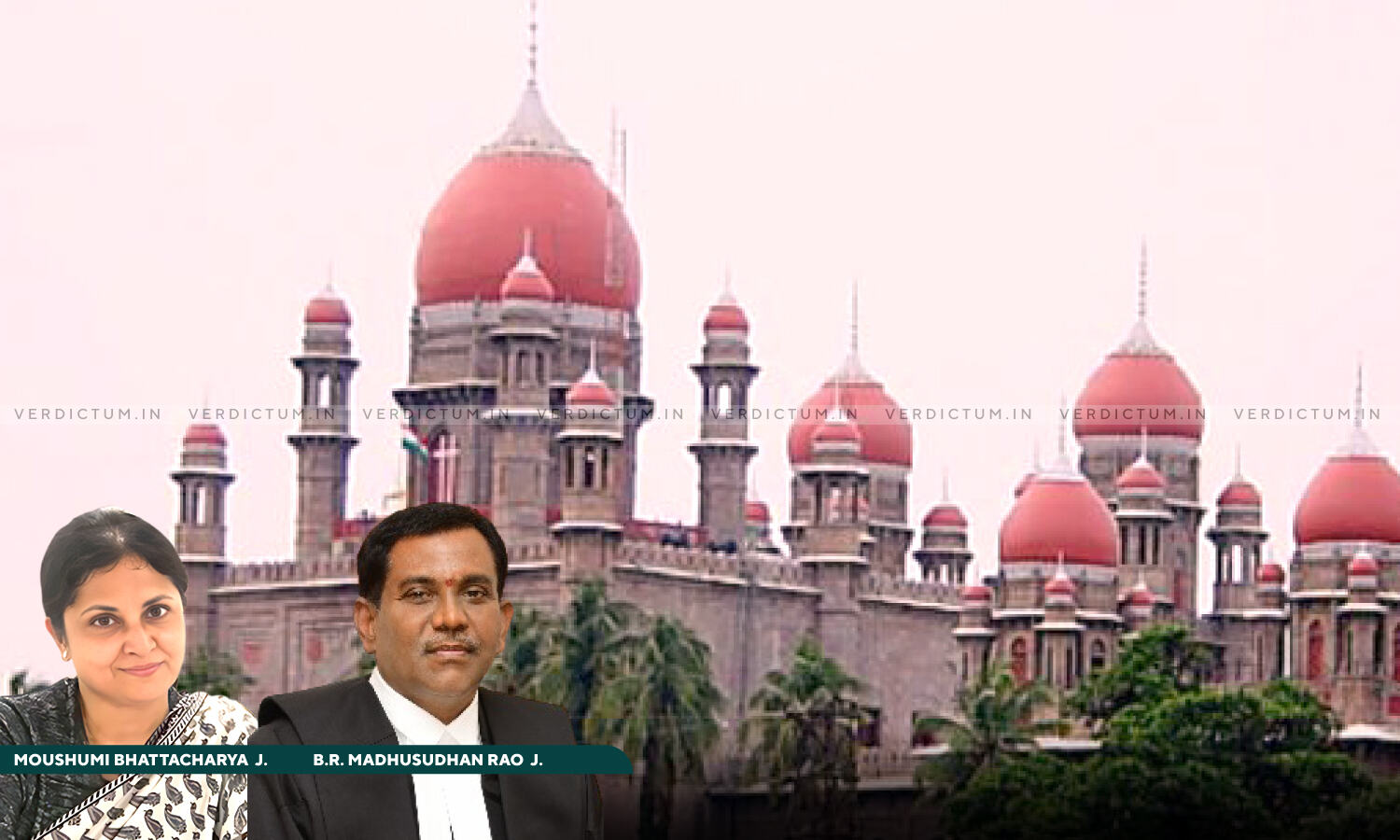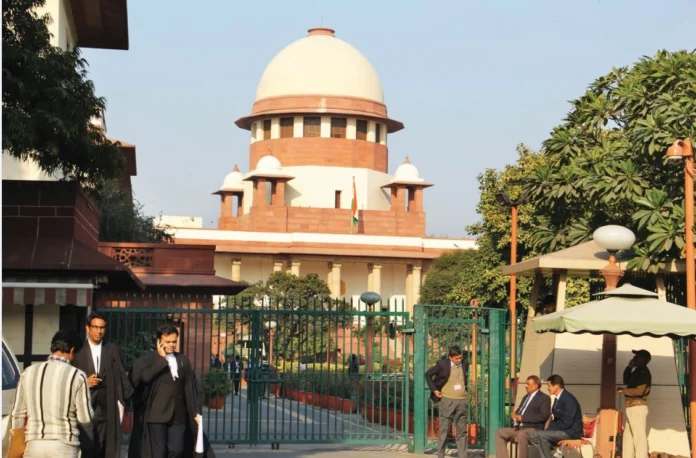Wife Can Apply For Passport Without Husband’s Permission Or Signature: Madras High Court

Thank you for reading this post, don’t forget to subscribe!
Madras High Court slams passport office for insisting on husband’s signature, calls it “male supremacism” and affirms a wife’s legal individuality after marriage.
Chennai: Today, on June 23, in a strong judgment promoting women’s rights, the Madras High Court recently ruled that a married woman does not lose her independent identity and can apply for a passport without needing her husband’s permission or signature.
The Court was hearing a petition filed by J Revathy, whose passport application was put on hold by the Regional Passport Office (RPO) in Chennai because her husband had not signed the application form (Form-J).
Revathy got married to one Mohanakrishnan in 2023 and had a child the next year. However, due to disputes in their marriage, her husband filed for divorce, which is still pending.
In April, Revathy applied for a passport, but the RPO refused to process her application without her husband’s signature.
Feeling wronged by this condition, Revathy approached the Madras High Court for help.
Justice N Anand Venkatesh, who heard the case, gave strong remarks against the RPO’s demand.
He made it clear that a woman’s rights do not vanish after marriage and that she is legally free to take decisions on her own, including applying for a passport.
The Court stated,
“The petitioner after marrying the above said Mohanakrishnan does not lose her individuality and a wife can always apply for passport without the permission or signature of the husband in any form.”
The judge criticised the requirement of a husband’s signature as backward and harmful to the idea of women’s freedom and equality.
He said,
“The practice of insisting for permission from the husband to apply for passport, does not augur well for a society which is moving towards woman emancipation. This practice is nothing short of male supremacism.”
Justice Venkatesh expressed disappointment in how the passport office behaved in this case.
He firmly stated that such requirements reflect the outdated belief that a married woman belongs to her husband and cannot act independently.
Also Read: Retd. Justice S Muralidhar: Independent Judiciary Needs Freedom Of Media
The Court said,
“In the considered view of this Court, the application submitted by the petitioner seeking for passport has to be processed independently. It is not necessary for a wife to get the permission of her husband and take his signature before applying for a passport before the authority.”
Highlighting how such attitudes still exist in our society, the Court said,
“This insistence made by the 2nd respondent shows the mindset of the society in treating woman who are married as if they are chattel belonging to the husband.”
He added that such a demand from a government office is deeply disturbing.
“It is quite shocking that the passport office is insisting for the permission of the husband and his signature in a particular form in order to process the application submitted by the petitioner for passport.”
After hearing the case, the Court ordered the passport authorities to process Revathy’s application and issue her passport within four weeks, provided all other formalities are completed.
This decision is being seen as a major step forward for women’s rights and independence in India.
Advocate VS Usha Rani appeared on behalf of the petitioner J Revathy, while Advocates G Subramanian and Leonard Arul Joseph Selvam appeared for the passport authorities.
Case Title:
J Revathy v. The Government of India and Others
Read Order:
Click Here to Read More Reports On Passport

